
I drove to Woodstock with five friends: 2 from work, 3 from church. We got to Woodstock mid-afternoon on Friday, the fences were down, it was already a free concert. The size of the crowd shocked us, and it would keep on growing. We stretched out our sleeping bags not far from the speaker towers. Two friends left early, but I stayed through heat, rain and mud for the whole thing. The music was amazing. I vividly remember the opening set by Richie Havens. Sunday morning, I crawled out of my sleeping bag to hear Grace Slick of the Jefferson Airplane shout, “Good morning People, you have seen the heavy groups and now you have morning maniac music. It’s a new dawn!” Yes, it was. On Monday morning, my 21st birthday day, I walked to the car to the sound of Jimi Hendrix.
The myth about Woodstock is that it was all about the 60’s trinity of sex, drugs and rock-n-roll. To be sure, there was sex and drugs but not everywhere or with everyone. People came for the music and to be in community. Most of the folks around me those three days in August 1969 understood themselves as somehow different from mainstream American society. To use the once popular 1960’s term — they were freaks. Happy misfits! With idealistic eyes, we viewed mainstream straight society as something that sucked the joy from living and was hopelessly materialistic. Some of us at Woodstock were active in movements to stop the war and influential in bringing full civil rights to all Americans. These themes echoed in some of the music we heard from the stage fifty years ago. Woodstock was a place where it was okay to be who we were, to be different, to be hopeful. There was freedom.

My 21st birthday began with Jimi Hendrix and it ended in a church basement. I was the youth group leader and the kids had a birthday party for me. We sang, prayed and ate cake. My life in 1969 was a life divided. I was a hippie with long hair working in a NYC bookstore, immersed in the counterculture and every week led a youth group in a traditional Presbyterian church in New Jersey. I felt like I lived in two worlds: the hippie world and the church world.
Intuitively, I felt my two worlds were connected but didn’t yet understand the connection. Over the years, my understanding grew. It became clear that I didn’t live in two worlds. When in my first church office, I hung my diploma from Princeton Theological Seminary and my framed tickets to Woodstock alongside family photos. It was then that I understood that these two frames on the wall reflected two parts of one world where I was nourished: the counterculture of the 1960’s and the church.

Today, when I look at these two framed memories, I remember that God is in the midst of all life. God is present to us in sacred and secular music, in religious and non-religious communities as well as in creation, in our children’s laughter and the touch of someone we love. All life is holy and sacred. One purpose of the community called church is to remind people that God is present in all creation. One of our tasks as Jesus’ followers is in Mary Oliver’s words to “Pay attention, be astonished and tell about it.”
As we celebrate Woodstock at fifty, some feel nostalgia for a different time and/or youth. I think this anniversary means so much more than simple nostalgia. This anniversary can serve as a reminder of what is: the power of music to bring people together and create community. Music is powerful and can engage, delight, challenge and connect us to other people and something bigger than ourselves. Woodstock at fifty reminds us to celebrate music’s ability to inspire and bring people together. Woodstock is about the past and the present.

In 2019, live music still brings people together. Musicians nourish the spirit and soul during a time when spirit and soul need nourishment. Christian communities can creatively engage the world of the arts and music to create opportunities for intentional community, music and reflection. Looking back at my 21st birthday party encourages me to in whatever ways I can create occasions where performers can make music, and people can gather and listen. It may not be a field in New York, but it is in a ballroom or university chapel in Tacoma where music is made, and people gather, and I believe God is in the middle of it all.
Rev. Dave Brown is a consultant/writer, creator and host of Blues Vespers. Rev. Brown is also a member of the Educate-a-Child public education initiative. This October he will begin a first Monday Blues series at the Spanish Ballroom. He is the former pastor of Immanuel Presbyterian Church in Tacoma.

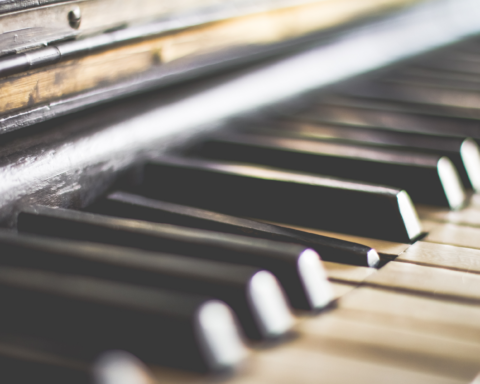
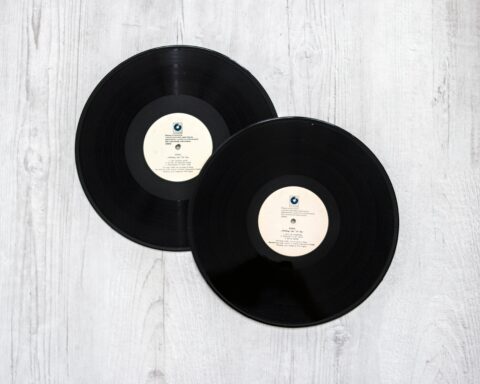
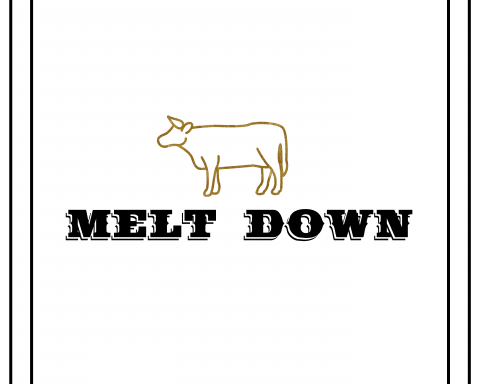
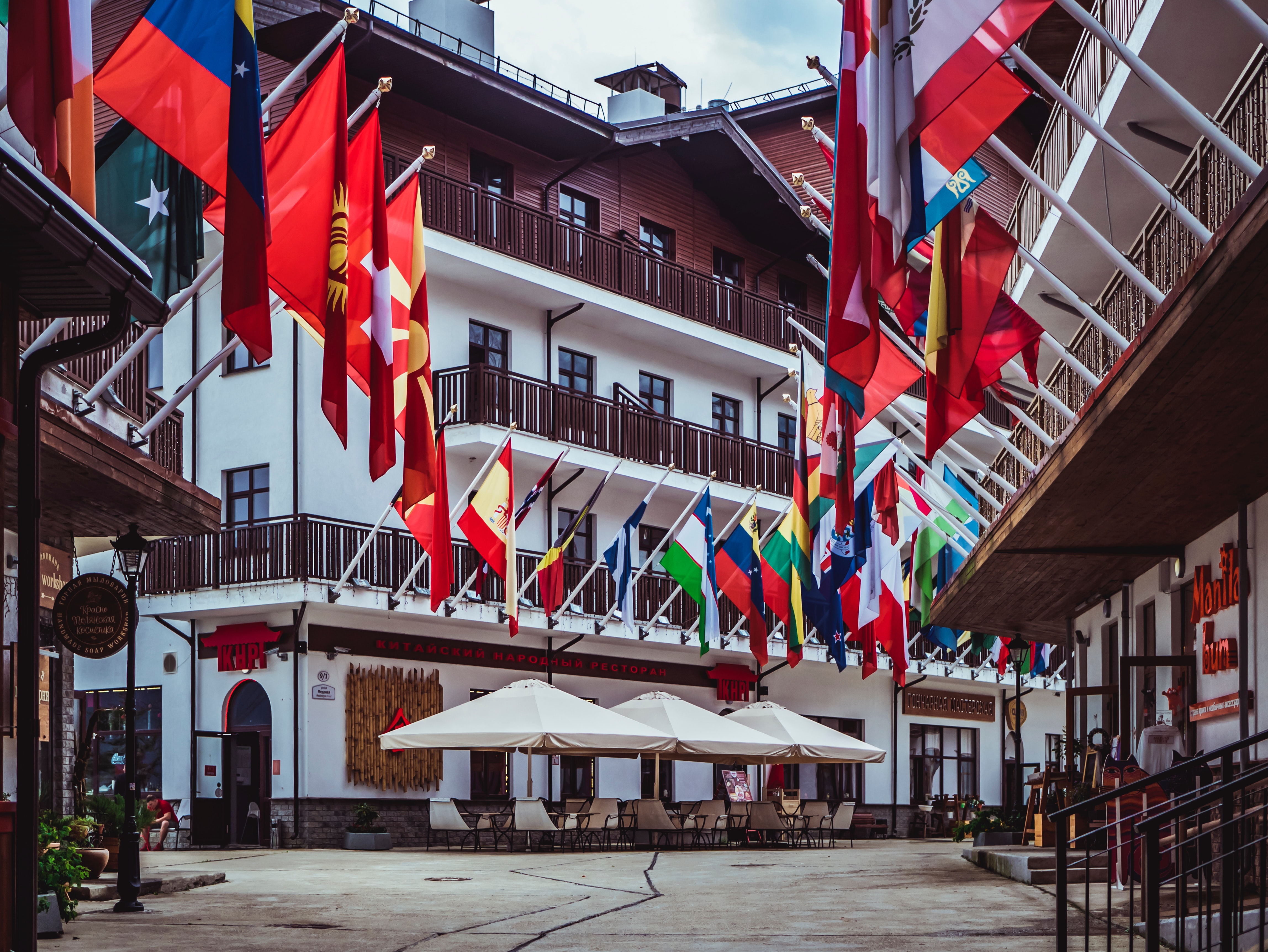
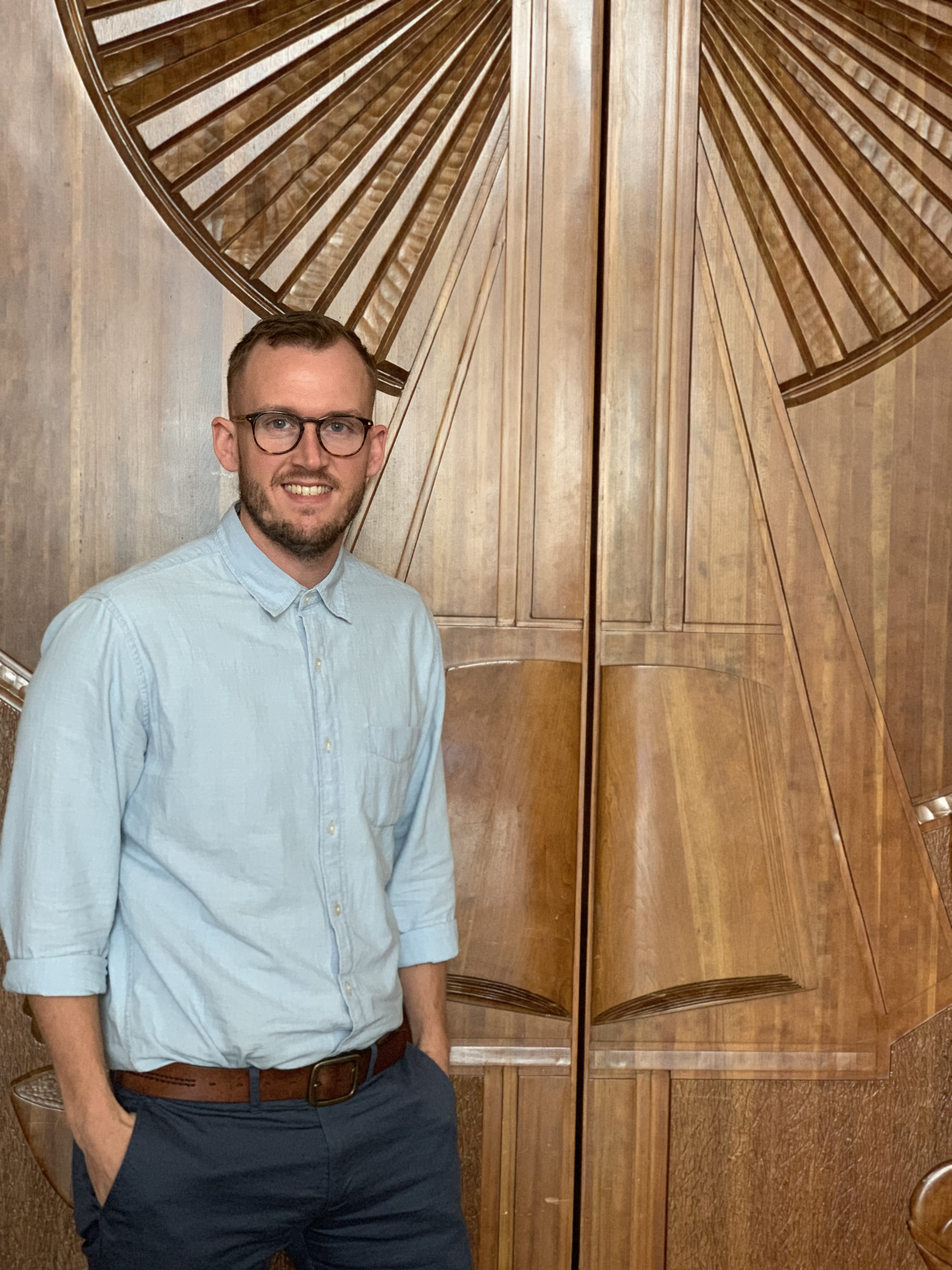
Unbound Social